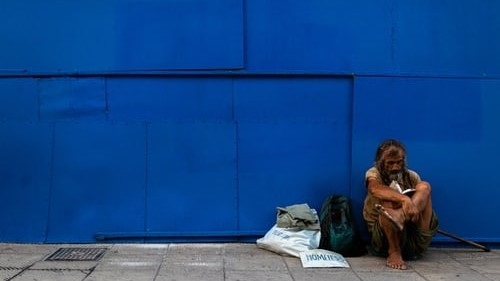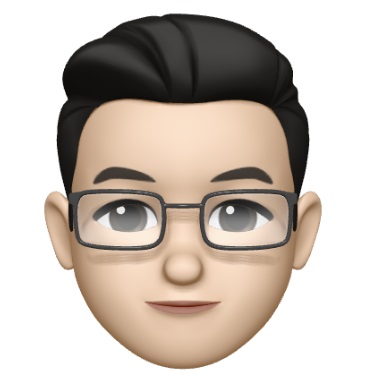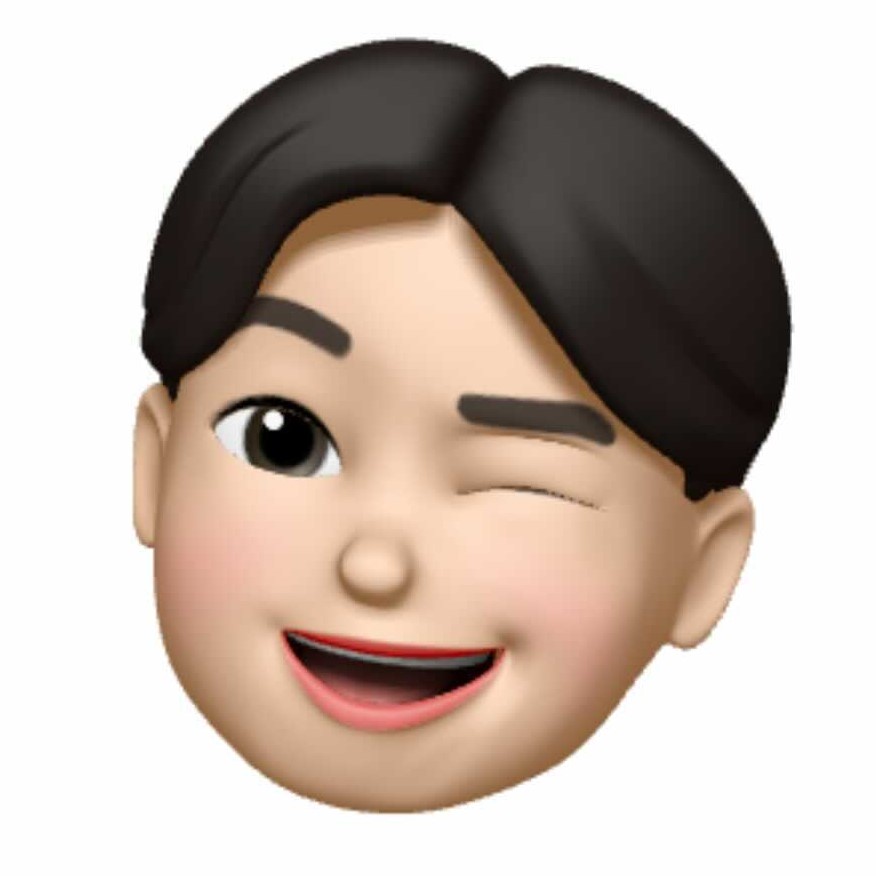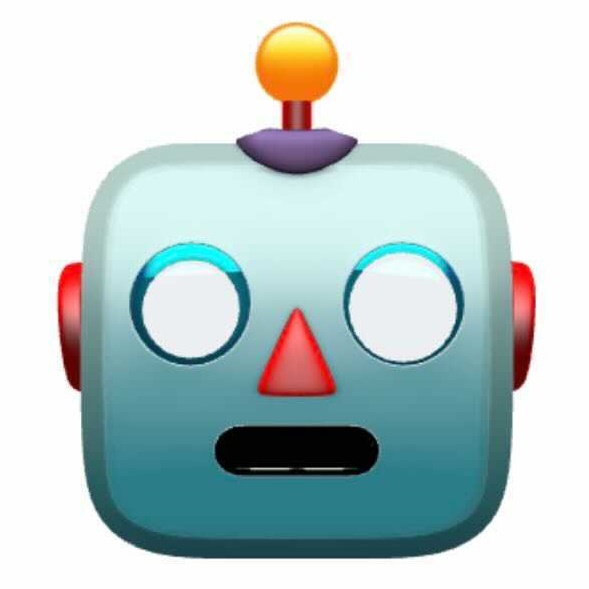
Many believe that poverty is just one of many bad things that we, as humans, must accept about the world, like illness, death, and taxes. However, there are some who say that we can end poverty around the world—it will just take a concentrated effort on the part of everyone to make it happen. Since each side of this debate has strong points, let`s take a look at both sides to see if and how poverty can actually be eliminated from this world.
Before we start, however, we should define poverty. According to the World Bank, the poverty line is defined as people who have an income of $1.90 per day. That’s a very low income indeed! For comparison, the poverty line in the United States is a yearly income of $12,880 for a single person (which comes to about $35 per day). By the World Bank`s recent estimates, about 10% of the world is living in extreme poverty, which is down from 36% in 1990. However, this year is the first year that the extreme poverty rate has gone up again, ending a 20-year trend. Because of that, it’s far from decided that we can end poverty once and for all.
On one side of this debate, we have people like Nelson Mandela, who famously said, “Like slavery and apartheid, poverty is not natural. It is man-made and it can be overcome and eradicated by the action of human beings.” Not only is this an especially inspirational quote, but there is also a lot of truth to it. After all, before humans settled into cities, they lived in hunter-gatherer societies that didn`t have an idea of rich and poor. Everyone in the group shared the food that they found. Also, more than ever before, modern society has the means to share its wealth. We have airplanes and ships to transport food and other necessities around the globe very quickly. We also have the ability to preserve food for a long time, especially compared to the hunter-gatherers of ancient times.
A panel of experts, including an economist, a psychologist, a government representative, the chief of an international aid organization, and an activist, says that we can end poverty by 2030. The vice president of the World Bank Group for East Asia and the Pacific, Victoria Kwakwa, argues that increasing access to education is the number one way to end poverty because it increases opportunities for people to get a better job and, as a result, earn a higher wage. Bono, the famous musician and activist, says the biggest obstacle to ending world poverty is complacency. People are used to poverty existing, and it seems so big that they feel they can`t do anything about it.
On the other side of the debate, we have the position that some people, at least, will always have to do the “dirty work” of society - the low paid, difficult work that everyone else just doesn`t want to do. The philosopher and economist Karl Marx called this position the “worker slot,” and said that a capitalist society always needs to have one. Even if the people in charge were to change, this would just mean that a new group of people would need to take on the role of the “worker”. After all, someone has to clean our buildings, prepare our fast food, package and deliver our Internet orders, etc. Of course, this kind of work might not result in someone belonging to the extremely poor; it still means that not everyone can have the same kind of opportunities.
Though we didn’t come to an answer to the question, it seems likely that if people around the world decide to do something about poverty, we can, at least, make it better than it is now.
Michael
Vocabulary
poverty (n) – the state of having little money and property
concentrated (adj.) – determined; using all of one`s energy
eradicate (v) – to completely remove or get rid of
hunter-gatherer (n) – a person who hunts, fishes, and gathers wild food to survive
means (n) – the ability to do something
complacency (n) – a feeling of satisfaction or security with a situation that you stop trying to improve or change it
ネイティブ講師と話すならこちら!
英語学習をフルサポート!
マンツーマン&コーチングの英会話教室




















